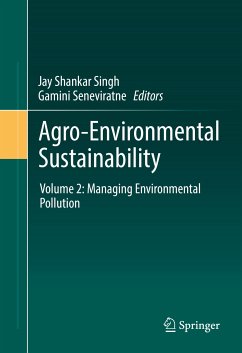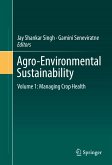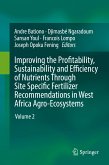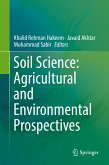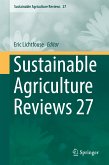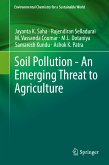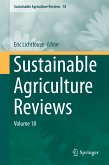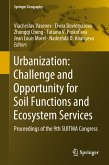Traditional agricultural management techniques have relied heavily on application of chemical fertilizers and pesticides; and recent land use change practices have led to over exploitation of natural resources. Strategies outlined here simplify a complicated picture of the way microbial communities canimprove the quality of environment and eliminate food scarcity in the coming generations. This work is a significant contribution to research in this increasingly important discipline of soil sciences, and will appeal to researchers in microbiology, agriculture, environmental sciences, and soil and crop sciences.
Dieser Download kann aus rechtlichen Gründen nur mit Rechnungsadresse in A, B, BG, CY, CZ, D, DK, EW, E, FIN, F, GR, HR, H, IRL, I, LT, L, LR, M, NL, PL, P, R, S, SLO, SK ausgeliefert werden.

